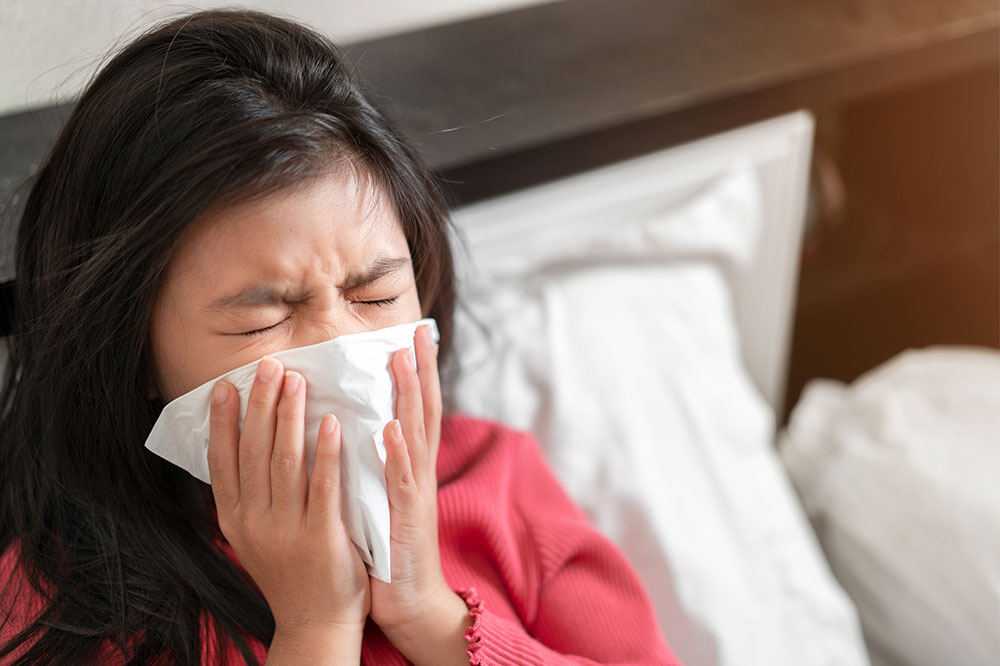Cold, flu, cough, and virus – Stages, diagnosis, and prevention

Cold, flu, cough, and virus are often used together. It is for a simple reason that cold, cough, and seasonal flu are commonly caused by viruses. Cough, cold, runny nose, sore throat, etc., are common symptoms of infections caused by viruses. Seasonal flu also causes similar symptoms but it can lead to soreness in the muscles, fever, and headache.
Different stages
Cold is caused when a virus attacks the upper respiratory tract in the body, which affects the throat, sinuses, nose, and the voice box. There are more than 200 different types of viruses that can cause cold. The condition and its symptoms progress gradually. This pattern is usually followed in most cases. However, the stages and the timing can differ a little case-to-case.
The different stages are:
- The incubation stage
Once you have been exposed to the virus, the symptoms will take about one to three days to start showing up. In some cases, the symptoms can start showing as early as 12 hours. - Symptoms start to show and peak
The symptoms start peaking anywhere between day one and three. Common symptoms experienced include cough, sneezing, runny nose, stuffy nose, etc. - Symptoms start to fade off
The symptoms of cold last for about three to ten days. Once the symptoms have started showing up, it will take about two to three days for the mucus discharge from your nose to change its color to white, green, or yellow. - After 10 days
Some lingering symptoms can last for about two weeks in some people. However, the intensity of these symptoms will not be as bad as the initial days.
Diagnosis for cold, flu, cough, and virus
Most people with a cold caused due to viruses get diagnosed with the infection through their symptoms. In case the doctor thinks that the patient has a bacterial or any other kind of infection, a chest X-ray might also be ordered. Some additional tests might also be ordered by the doctor to rule out other conditions before diagnosing the patient with flu infection.
Although cold caused due to viral infection can be easily diagnosed, there are no medications to treat the condition. Some over-the-counter medications can be used to relieve the symptoms but the virus takes its time to go away.
Prevention
A few tips can help you protect yourself and others from catching a cold. These include the following:
- Stay away from people who are sick
This is one of the most effective ways in which you can prevent yourself from getting exposed to the virus. If someone around you has been sick, try to maintain a physical distance from them. - Cover your face and mouth while sneezing or coughing
Whenever you are coughing and sneezing, make sure that you cover your face and mouth with a tissue. This will help other people around you to stay safe and not catch the virus. - Wash your hands often
Make sure that you clean your hands with water and soap regularly to safeguard yourself from germs. If these are not available, you can also use a hand sanitizer.








